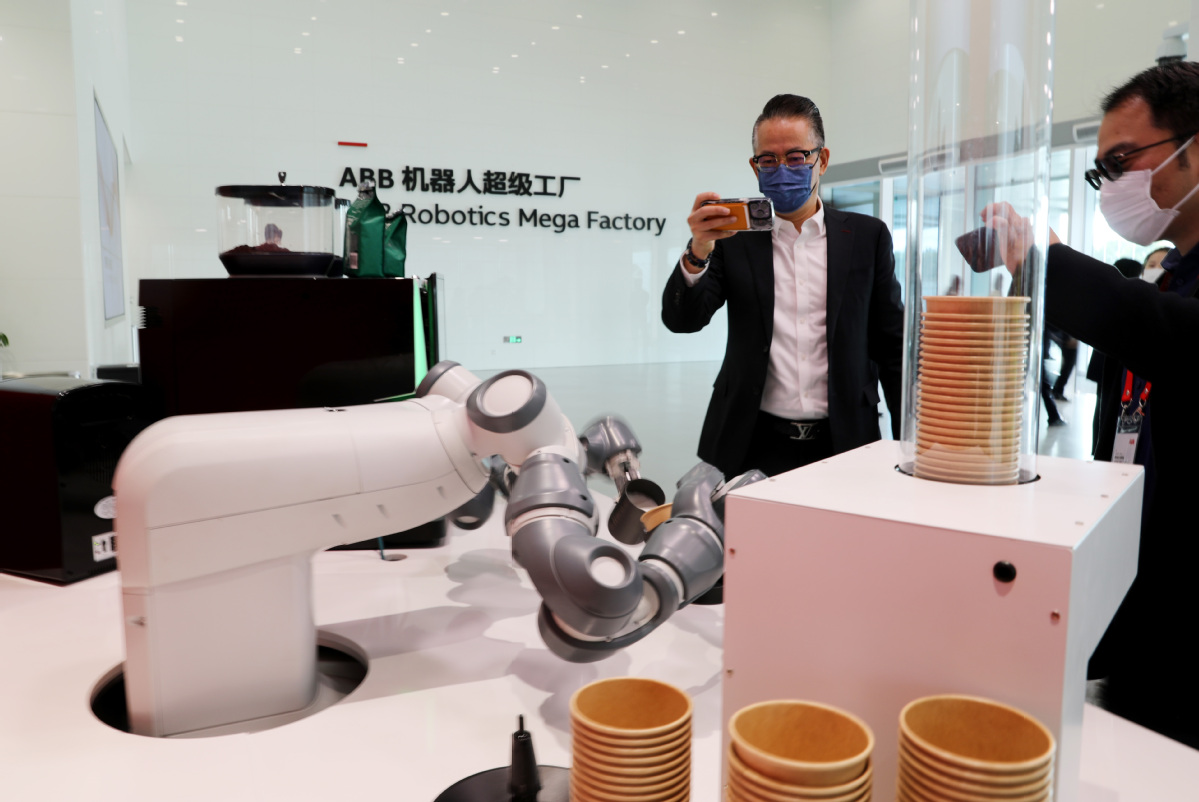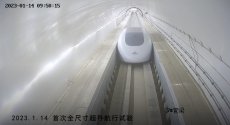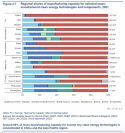China’s advanced manufacturing industry showed signs of resilience last year, despite the impact of Covid-19, according to an executive at the World Economic Forum.
Over the past year, the advanced manufacturing industry faced multiple challenges, including some related to labor force, production load, and logistics, said Wu Tong, the executive in charge of China’s advanced manufacturing business at the World Economic Forum. It was exactly at that point that the country’s advanced manufacturing and corresponding supply chains showed their capabilities and resilience, she added.
Eighteen new lighthouse factories were recognized as part of the global lighthouse network last year, eight of which are in China, according to a white paper published by the WEF and its consulting partner McKinsey on Jan. 13. There were 132 lighthouse factories in the world as of the end of 2022, 50 of which were in China, making the country the one boasting the highest number of lighthouse factories.
Lighthouse factories are production facilities that use industry 4.0 technologies, including artificial intelligence and the internet of things, in their daily operations.
In the past, people believed that China was a large manufacturing hub, not a strong one, Wu explained. “But now we are confident that China’s manufacturing sector has gained the world’s top rankings in some segments, no matter if it comes to the information technology structure, operating technology structure, or ways of management.”
Lianbao (Hefei) Electronic Technology, a unit of Lenovo Group, operates the Chinese personal computer maker’s industrial facility in Hefei, Anhui province, that was recently added to the list of lighthouse factories. It is the world’s biggest PC plant, requiring the production of a great number of small batches, as well as complex planning.
Through innovative digital applications, the facility shortened the time needed to plan by 67 percent, reduced the inventory of structural parts and components by 50 percent, and improved production efficiency by 45 percent, said Ding Xiaohui, chief executive of Lianbao. Every half a second, a laptop rolls off the production line, he added.
Digital training can also effectively ensure the stability of key positions along the assembly line to achieve high-quality delivery under fluctuations in production capacity and workforce, Ding noted.
The World Economic Forum, also known as Davos Forum, is held in Switzerland between Jan. 16 and Jan. 20. It partnered with global management and consulting firm McKinsey to select leading companies that achieved outstanding performance in the application and integration of industry 4.0 technologies into the list of lighthouse factories in the manufacturing sector.



